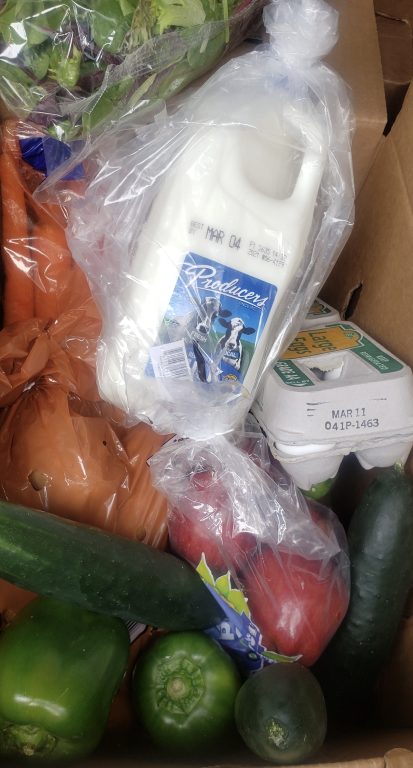
Providing every low-income citizen with a daily meal allotment of $79 will end the United States war against hunger. This is the amount of the new daily meal allotment afforded to the members of the House of Representative. This allotment breaks down to over $25 for breakfast, $25 for lunch, and another $25 for dinner. This disproportionate meal allotment was approved by President Biden who used the same pen to sign the Consolidated Appropriations Act, 2023. This act, recently passed by Congress, abruptly ended SNAP (Supplemental Nutrition Assistance Program) emergency allotments as of April 2023.
In March 2020, Congress authorized Emergency Allotments to help individuals and families meet food needs, providing between $95-$400 in additional financial benefit per family each month. Per the emergency allotment, SNAP benefits were temporarily increased by 15%. The SNAP Program for the state of California is known as CalFresh. In 2019, 3.3 million Californians relied on CalFresh benefits. Currently the CalFresh program provides food assistance to 4.8 million Californians.
Since two-thirds of California households claiming benefits have children, when schools closed in March 2020, the state increased allotments to compensate for those families with children who relied on free breakfast and lunch programs. Rather than adjusting the benefits on an individual level, the state of California opted to increase all households to the maximum benefit amount based on the number of people in their household.
From 2019-2023, California food prices have increased by 11%. The price of beef increased from $8.53 to $10.25 per pound, an increase of over 20%. A gallon of milk once $2.90 is now $4.25, an increase of almost 50%. A dozen eggs soared from $1.55 to $4.00, a whopping increase of over 150%.
Food banks across California are bracing for a feared spike in hunger due to cut resources and inflated food prices. After two years of increased food resources, Alameda County’s CalFresh recipients have been thrust back into an even lower level of poverty.
An Alameda County family of four can currently only receive a maximum monthly allotment from CalFresh of $782. The maximum monthly amount provides each person a food allowance of $195.50 per month. This inequitable reality means many families in the county are receiving even less.
With food scarcity at an all-time high and despite the inflation in food prices, Congress, supported by President Biden, decided the current SNAP allotments will suffice in providing enough food for each member in these low income households.
The recent increase in meal allotments for members of the United States House of Representatives to $25 per meal totaling $79 per day compared to the maximum amount allotted by SNAP of $195 per person, per month reflects shameful negligence by the United States government.

The net income for a four-person household to qualify for CalFresh’s maximum benefits of $195 per member per month cannot exceed $27,756 a year. Yet, members of the US House of Representatives who receive an annual salary of $174,000 qualifies to receive an additional $79 a day for meal expenditures.
The current hunger pandemic calls for a re-evaluation of data. The same discernment given by USDA Food and Nutrition Service which facilitated the decision to approve the emergency CalFresh/SNAP allotments should be revisited. NOW. The existing data will provide Alameda County officials with the necessary evidence to propel the county to facilitate an immediate increase in the amount of resources allocated via the CalFresh/SNAP Program. Such an increase is long overdue and will provide sufficient food for the households of low income residents of California.
As Alameda County and its residents work to put one pandemic behind them, they are faced with another. Hunger kills — but it does not have to. The despicable food disparity in California can be easily rectified with a simple reallocation of funds. I strongly recommend eliminating the $79 per day meal allotment received by California’s 52 Representatives. This responsible cut would make available $1,080,000 in food resources. over $1million dollars could then be justly distributed to countless low-income families. I am confident reallocating the $25 per meal allotment to those in the throes of food scarcity will not be felt in the pockets or bellies of their civil servants receiving an annual income of $174,000.
- + +
An earlier version of this op-ed was published at SF Bayview, a Black newspaper based in San Francisco.
Amelah El-Amin is a mother, grandmother, and African American Muslim human rights activist. She has been serving our community for over 25 years. She co-founded Mu’eed, Inc, a non-profit which has coordinated Humanitarian Day in Oakland for the past 11 years, a program which services homeless residents and low-income children. In addition to feeding the hungry, she advocates for elderly. Amelah El-Amin is a correspondent for Oakland Voices.




Be the first to comment